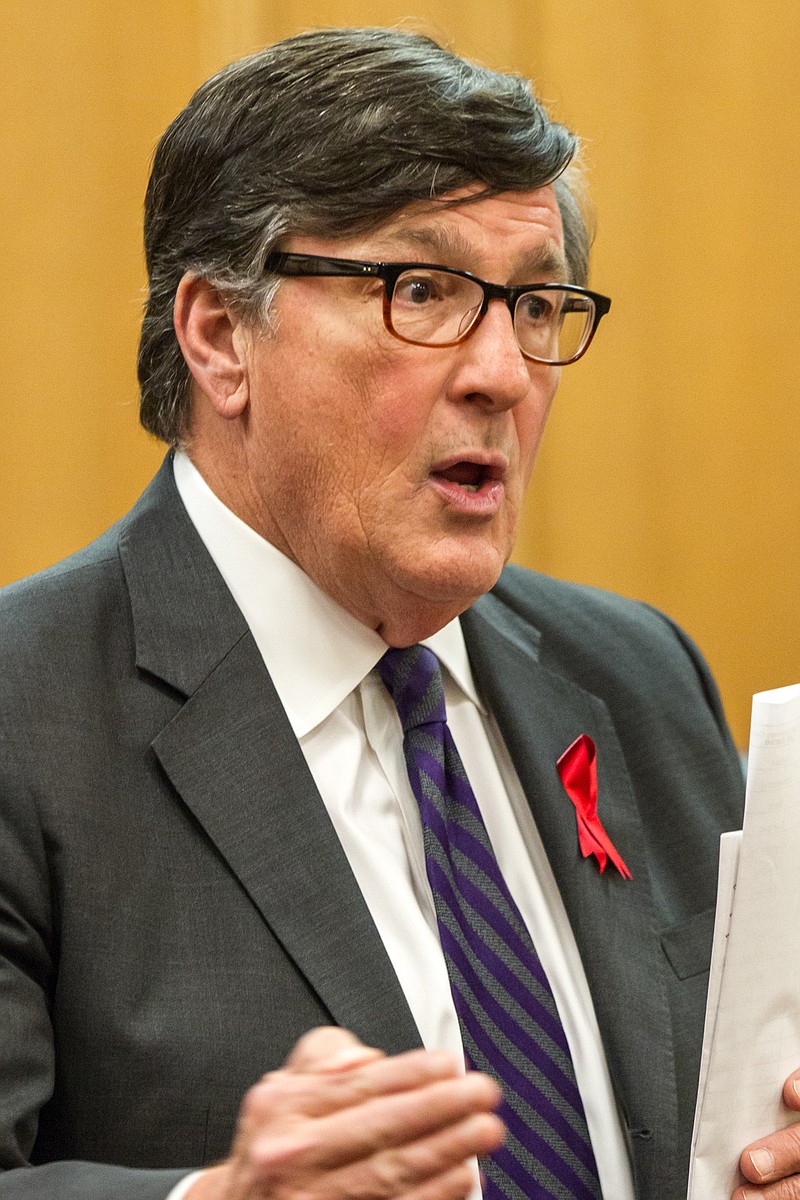NASHVILLE, Tenn. (AP) - As Gov. Bill Haslam's Insure Tennessee proposal to cover 280,000 low-income people heads into a special legislative session Monday, here are five lawmakers who are playing key roles in the debate.
1. BETH HARWELL. Usually a staunch Haslam ally, House Speaker Beth Harwell, R-Nashville, has been conspicuously silent about her position on the governor's Medicaid expansion plan. Harwell, who has been stockpiling campaign cash with an eye toward a 2018 gubernatorial bid, wields wide power to influence fellow lawmakers and the flow of legislation through committees. But so far she's been unwilling to publicly endorse - or reject - the measure. House Democratic leader Craig Fitzhugh of Ripley said Harwell's support could be key to swaying other Republicans who may be on the fence. "A word from leadership goes a long way," Fitzhugh said.
2. RON RAMSEY. Senate Speaker Ron Ramsey, R-Blountville, caught many Capitol watchers off guard in December when he declared that a then-unannounced special deal for Medicaid expansion in Tennessee could be "sellable" to skeptical state lawmakers. Unlike his House counterpart Harwell, Ramsey had a largely positive response when the governor announced the deal the next week, saying his only major hang-up would be that the deal included a strongly-worded escape clause if costs outweigh expectations. Since then, Ramsey has ruffled some feathers by insisting the House take up the measure first, and has been largely silent about the measure's prospects in the upper chamber.
3. DOUG OVERBEY. When Senate Republican leader Mark Norris, R-Collierville, declined to carry Haslam's Insure Tennessee resolution, Maryville Republican Sen. Doug Overbey stepped up to sponsor the measure. Overbey has publicly criticized Republican Sen. Brian Kelsey of Germantown, a leading opponent of Haslam's proposal, and has praised the Insure Tennessee measure as way to keep rural hospitals from closing their doors. According to Overbey, "the loss of this funding could lead to the closure of some of our rural hospitals, meaning life and death for citizens in these areas to get to the nearest hospitals in a time of medical crisis."
4. GLEN CASADA. As House Republican caucus chairman, Glen Casada straddles the fence between his own opposition to Haslam's plan and the interests of the 73 GOP members in the 99-seat chamber. The Franklin Republican has heavily criticized outside groups like Americans for Prosperity for targeting Republican lawmakers for failing to oppose the measure, and he has discouraged colleagues from trying to adjourn the legislative session before debating the proposal. He's also chided the Senate for making the House take the initial steps in taking up the measure. With strong connections among both supporters and opponents of the proposal, Casada could act as intermediary and peacemaker during the one-week session.
5. CRAIG FITZHUGH. It's been a long time since Democrats felt so relevant among the Republican supermajorities in both chambers. Haslam has acknowledged that it will likely take the support of each of the 26 Democrats in the 99-member House and the five Democrats in the 33-seat Senate to give Insure Tennessee a chance for passage. As House Democratic leader, Fitzhugh has tried to balance overall support for Medicaid expansion with a hope of using some of the unaccustomed leverage to seek a more expansive plan or guarantees to keep rural hospitals open. While Fitzhugh doesn't want Democrats to be a perceived as a rubber stamp, he calls it a "no brainer" for them to support even the more limited plan.
